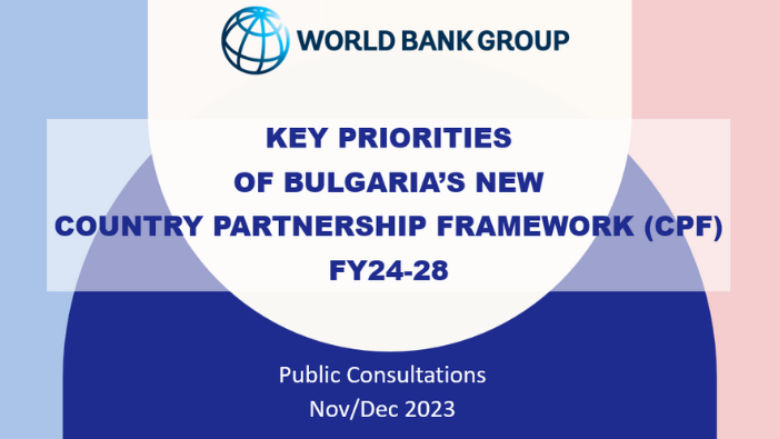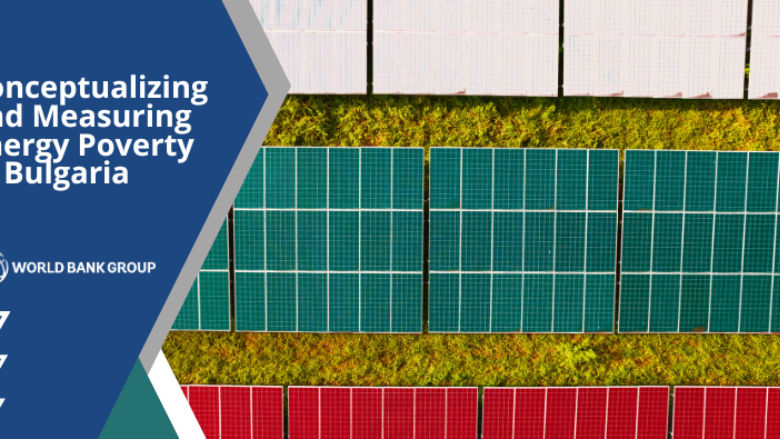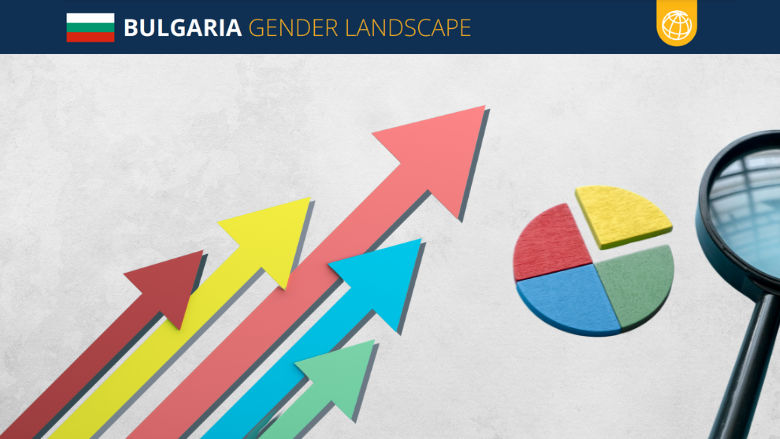Country Context
BULGARIA | 2023 |
Population, million | 6.4 |
GDP, current US$ billion | 102.2 |
GDP per capita, current US$ | 15,885.4 |
| Life Expectancy at birth, years | 71.5* |
*Most recent WDI value (2021)
Bulgaria has undergone a significant transformation over the past three decades. It has moved from a highly centralized, planned economy to an open, market-based, and as of July 1, 2024, a high-income economy securely anchored in the European Union (EU).
Bulgaria��s EU accession in 2007 raised expectations that living standards would rapidly rise and match average EU levels in a relatively short time span. By 2023, convergence reached 64% of the average GDP per capita in the EU in purchasing power parity terms but the country remains the poorest EU member state. From 2016 to 2020, economic growth led to improved living standards and significant poverty reduction. However, this trend reversed in 2021 due to the lingering effects of the pandemic, inflation, and rising unemployment among the less educated. Income inequality remains high, making the country the most unequal EU member.
Bulgaria continues to face multiple development challenges. A key horizontal constraint is deep-rooted institutional and governance weaknesses, which enable state capture by vested interests and discourage investment. This suppresses productivity and private sector growth, while also resulting in suboptimal public services. A rapid decline of the population��one of the worst globally ��also limits the country��s economic potential while exerting increasing pressure on public systems.
Last Updated: Oct 23, 2024







